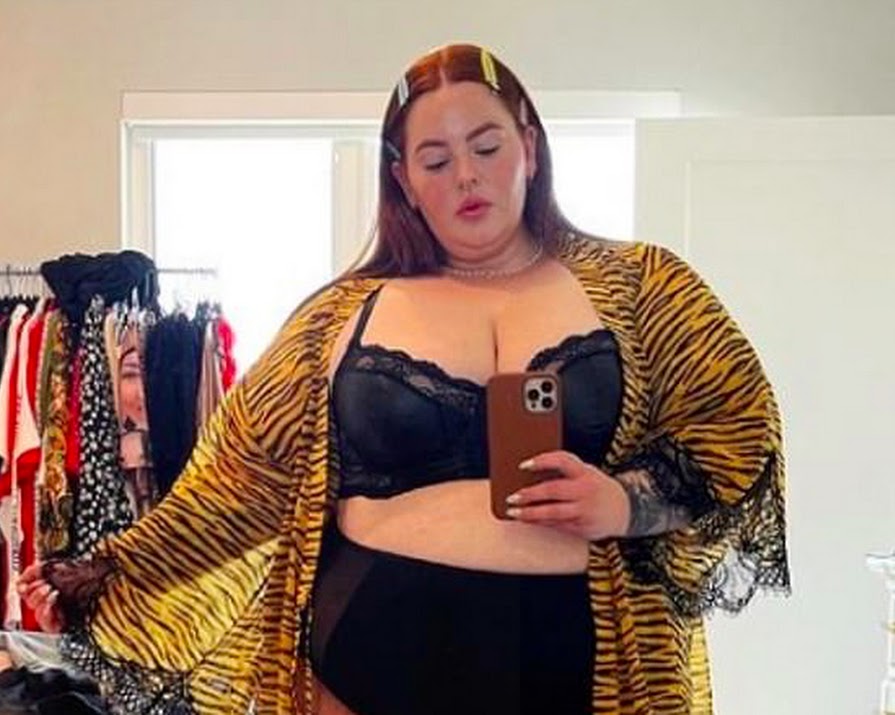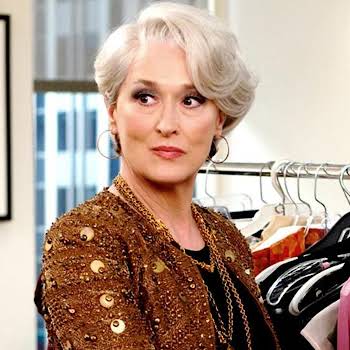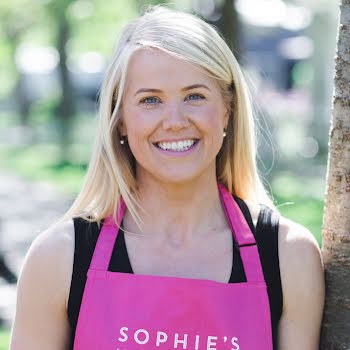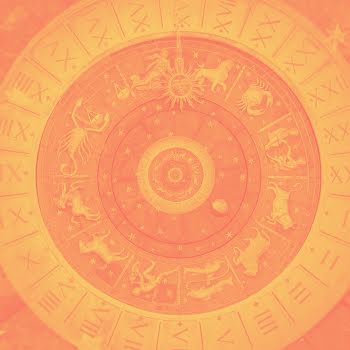
Perspectives: ‘Our ability to separate self-worth from size remains dangerously distorted
By Amanda Cassidy
15th May 2021
15th May 2021
It's time to think about how skewed our ideas of "health" really are. And the huge disservice we are doing to those who don't fit that so-called "healthy" shape, writes Amanda Cassidy
Body positivity celebrates a revolution of self-acceptance. But what happens when the face of the movement admits she’s been suffering from an eating disorder?
Earlier this month, plus-size model and body positivity campaigner Tess Holliday shared her surprise over her anorexia diagnosis on Twitter.
“You are basically saying that we are more valuable now because we are smaller”
“I’m anorexic and in recovery. I’m not ashamed to say it out loud anymore,” she tweeted. “I’m the result of a culture that celebrates thinness and equates that to worth, but I get to write my own narrative now. I’m finally able to care for a body that I’ve punished my entire life and I am finally free.”
Diet culture
“To everyone that keeps saying ‘you’re looking healthy lately’ or ‘You are losing weight, keep it up!’ Stop. Don’t. Comment. On. My. Weight. Or. Perceived. Health. Keep. It. To. Yourself. Thanks,” she wrote.
“When you equate weight loss with ‘health’ and place value and worth on someone’s size, you are basically saying that we are more valuable now because we are smaller and perpetuating diet culture… and that’s corny as hell.”
Speaking on Good Morning Britain, Holliday explained how she’s been trying to come to terms with her disordered eating. “I thought I knew my body really well, so to hear my diagnosis was really jarring. Sometimes I would go an entire day without eating anything and I was hungry, I knew I was hungry. ‘”n a way, I think I wore it as a badge of honour, that I was this person in a larger body not eating.”
Perception, not truth
Perhaps it is a surprise to many that disordered eating can affect people of every size. We tend to associate it with those who are very underweight. It’s the reason why we shouldn’t be discussing someone’s perceived weight at all. The truth is that you can’t look at someone and tell whether or not they’re “healthy”.
For every influencer encouraging us to embrace our cellulite, there’s another flogging detox tea.
Last year, broadcaster Piers Morgan criticised Holliday for her Cosmo cover for which the magazine was listed for an award.
“To put it in context, she’s 110 lbs heavier than me, she’s 11 inches smaller. And that is a body-positive image to be celebrated and winning awards?” Piers continued: “I’m not discriminating against fat people or very skinny people. To me, if you’re unhealthy as a body, either painfully thin or painfully fat, you should not be celebrated and people that put you on covers to sell magazines should not be winning awards”
We can celebrate other women having larger bodies, we are just not happy to live in larger bodies ourselves.
Self worth
The fact is, despite the positivity and self-acceptance when it comes to size, there remains a skewed ideal that society continues to perpetuate. For every influencer encouraging us to embrace our cellulite, there’s another flogging detox tea. No wonder we have distorted views on how we “should” look.
Whether we like it or not, our ability to separate self-worth from our size remains dangerously stunted. We can celebrate other women having larger bodies, we are just not happy to live in larger bodies ourselves.
In 2013, the American Psychiatric Association added atypical anorexia nervosa to the fifth edition of the Diagnostic and Statistical Manual of Mental Disorders (DSM-5). Atypical anorexia has all the criteria of anorexia met, except significant weight loss. The individual’s weight is within or above the normal range.
It’s described as a disturbance in the way one’s body weight or shape is experienced, undue influence of body shape and weight on self-evaluation.
Singer Lizzo has also hit out at the co-opting of the body positive movement which she believes has moved too far from the message of its inception.
In a TikTok video, she explained; “People are finally celebrating medium and small girls and people who occasionally get rolls.” But “fat people are still getting the short end of this movement.”
It’s become another distortion. A brand that stops photoshopping its ads now appears “inclusive” but still only sells clothes up to a certain size. “We’re still getting shit on, we’re still getting talked about, memed, [and] shamed,” said Lizzo.
I think for people hearing me say I’m anorexic was really jarring and hard and confusing.
Correcting the imbalance
So is body positivity for everyone, or just for the marginalized people it was meant to uplift?
It’s a diversity issue. It’s like saying we need quotas for women in companies and then having men complain it’s unfair. We are trying to correct an historical imbalance here. It’s a challenge to un-condition our minds to the message that skinny is king, or only men should be bosses.
In an ideal world, our weight wouldn’t matter at all. Forget body dysmorphia, the world is suffering from self-worth dysmorphia.
“I’ve had a lot of messages from folks that are anorexic that are livid and angry because they feel like I’m lying,” Tess Holliday also revealed last week. “I am plus-size, but advocating for diversity and larger bodies, and so I think for people hearing me say I’m anorexic was really jarring and hard and confusing.”
“You can’t look at someone and tell whether or not they’re healthy. You just can’t,” she said. “I understand that people look at me and I don’t fit what we have seen presented as, you know, the diagnosis for anorexia.
“But then, for me, that tells me that there’s a larger problem which I’ve been actually saying for years is that we have a lack of diversity and representation in the world.”
Time to figure out exactly what we are really idolising and emulating… and why.























